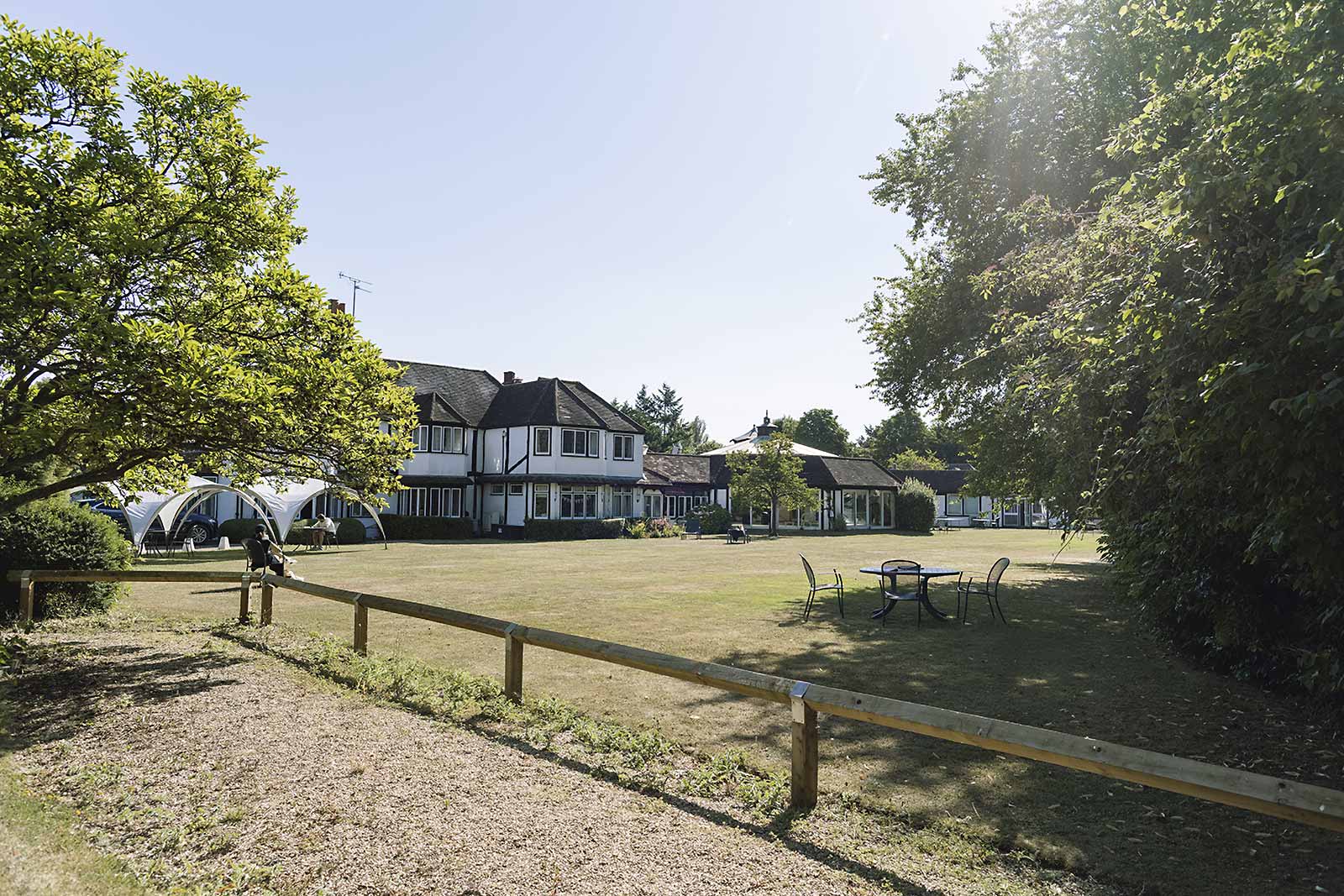Bipolar Disorder
What is bipolar disorder?
Bipolar Affective Disorder previously known as Manic Depression is a severe and often recurrent illness, manifesting in cycles of elevated moods (mania) or low moods (depression). It is a common condition, and can take years to get the diagnosis right as many patients suffer with prolonged periods of low mood and anxiety with occasional short lived episodes of hypomania.
This is often treated as depression with little improvement on antidepressants. As many as 20% of people complaining of depression to their doctor actually have Bipolar Disorder.
30% of patients suffer with chronic symptoms, with some of them being depressed 50% of the time. There is also a high rate of completed suicide.
It takes an average of 10 years for people to enter treatment for Bipolar Disorder after symptoms begin. This is caused in part by delays in diagnosis. Most people with Bipolar Disorder have additional psychiatric conditions (such as substance abuse or anxiety) that can make overall diagnoses more challenging.
The two phases of bipolar disorder have very different symptoms.
Symptoms of the two phases of bipolar disorder
- Depressive Phase – low mood, anxiety, no enjoyment of life, disturbed sleep with early morning wakening, low energy, poor appetite, poor concentration, hopelessness, neglect in self care and thoughts of suicide.
- Manic Phase – elevated mood, lots of energy, rushing thoughts but inability to plan and see anything through. Excessive talkativeness, reduced need for sleep, missing meals, poor concentration and taking risks such as fast driving, getting into fights, overspending money and sexual promiscuity.
Therapy approach for bipolar disorder
- Taking a comprehensive history to arrive at a clear diagnosis
- Assessing risk e.g. safety to drive or stay on your own at home, risk of suicide
- Medication – stopping antidepressant, starting mood stabilisers
- Psychoeducation of the patient and family so that they understand the illness and how best to manage it
- Psychological Therapy
Outcomes
With effective treatment and a good understanding of the illness, one is able to live a busy and fulfilling life.
We're here to help you
Call Cardinal Clinic on 01753 910729
Or refer yourself for care, make an enquiry
or arrange a free nurse consultation via our
help hub.
A calm environment dedicated to your care
Rated ‘Outstanding’ for care and overall ‘Good’ by the Care Quality Commission, Cardinal Clinic works tirelessly to offer an elevated patient experience from exquisite and fresh chef-prepared meals, to comfortable and relaxing accommodations. Situated in a private estate in the heart of Windsor’s green belt, residential in-patient care, day care and out-patient services are offered.


